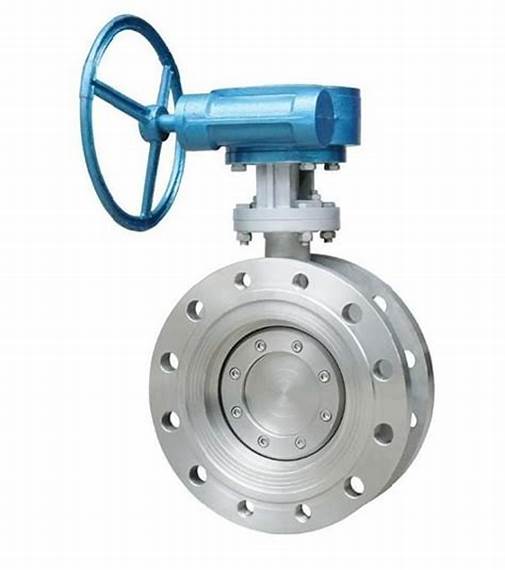forged flange
Understanding Forged Flanges Applications, Advantages, and Manufacturing Processes
In modern engineering and construction, the importance of high-quality fittings and connections cannot be overstated. Among these components, forged flanges play a crucial role in ensuring the integrity and reliability of various piping systems. This article delves into the definition, applications, advantages, and manufacturing processes associated with forged flanges.
What are Forged Flanges?
Forged flanges are flat pieces of metal with several holes surrounding a central opening, used to connect two pipeline segments or other equipment in various systems. They are typically made from steel, stainless steel, and other alloys through a manufacturing process known as forging, which involves shaping the metal using localized compressive forces. This process results in a flange that is not only stronger and more durable than its cast counterparts but is also capable of withstanding higher pressures and temperatures.
Applications of Forged Flanges
Forged flanges are widely used across numerous industries due to their superior mechanical properties and reliability. Some of the common applications include
1. Oil and Gas Industry In the extraction and transportation of oil and gas, forged flanges provide robust connections that can handle extreme pressure and harsh environments. 2. Chemical Processing The chemical industry often employs forged flanges in pipelines that transport corrosive substances, benefiting from the durability and resistance to chemical reactions that certain alloys offer.
3. Water and Waste Management In municipal water systems and wastewater treatment facilities, forged flanges ensure secure connections that prevent leaks and ensure efficient operation.
4. Power Generation In power plants, especially those dealing with steam and high-pressure systems, forged flanges are critical for maintaining system integrity and safety.
Advantages of Forged Flanges
The advantages of using forged flanges over other types, such as cast flanges, are significant
1. Strength and Durability The forging process aligns the grain structure of the metal, enhancing its strength. Forged flanges are less prone to failures and cracks, making them ideal for high-stress applications.
forged flange

2. Resistance to High Pressures and Temperatures Forged flanges can tolerate extreme conditions, which is essential for industries dealing with high pressure or temperature fluctuations.
3. Enhanced Corrosion Resistance Depending on the material used, forged flanges can be designed with high corrosion resistance, making them suitable for harsh chemical environments.
4. Versatility Forged flanges can be produced in various shapes and sizes, providing a flexible solution to meet specific application requirements.
5. Improved Shape and Finish The forging process often leads to better dimensional accuracy and surface finish compared to cast flanges, which require additional machining.
Manufacturing Process of Forged Flanges
The manufacturing process of forged flanges typically involves several key steps
1. Material Selection The process begins with selecting the appropriate material based on the application requirements, including strength, temperature tolerance, and corrosion resistance.
2. Heating The selected metal is heated to a specific temperature that makes it malleable, allowing it to be shaped through forging.
3. Forging Using specialized machinery, the heated metal is hammered or pressed into the desired shape. This step requires precision to ensure that the flange meets specifications.
4. Machining Post-forging, the flanges may undergo machining to achieve the precise dimensions and surface finish required.
5. Quality Control Every forged flange goes through rigorous quality control tests to verify its mechanical properties and dimensional accuracy before being shipped to customers.
Conclusion
Forged flanges are indispensable components in various industrial applications, providing secure and durable connections in piping systems. Understanding their benefits and manufacturing processes enables engineers and procurement specialists to make informed decisions to ensure the reliability and safety of their operations. As industries continue to evolve, the demand for high-quality forged flanges will remain a cornerstone of effective engineering solutions.
-
The Key to Fluid Control: Exploring the Advantages of Ball Valves in Industrial SystemsNewsJul.09,2025
-
The Versatile World of 1, 2, and 3 Piece Ball ValvesNewsJul.09,2025
-
Stainless Steel Ball Valves: The Ideal Choice for Efficient Flow ControlNewsJul.09,2025
-
Optimizing Fluid Control with Ball Float ValvesNewsJul.09,2025
-
Manual Gate Valves: Essential for Control and EfficiencyNewsJul.09,2025
-
Everything You Need to Know About Butterfly ValvesNewsJul.09,2025
-
The Versatility of Wafer Type Butterfly ValvesNewsJul.08,2025




